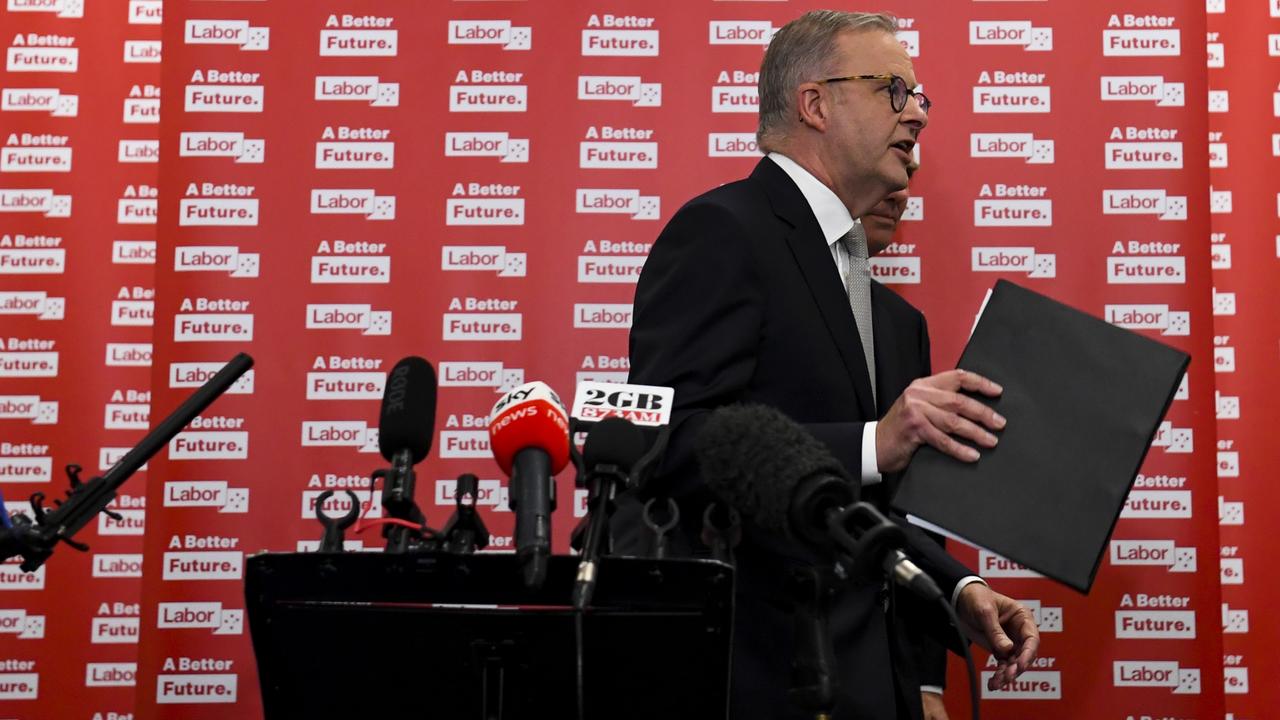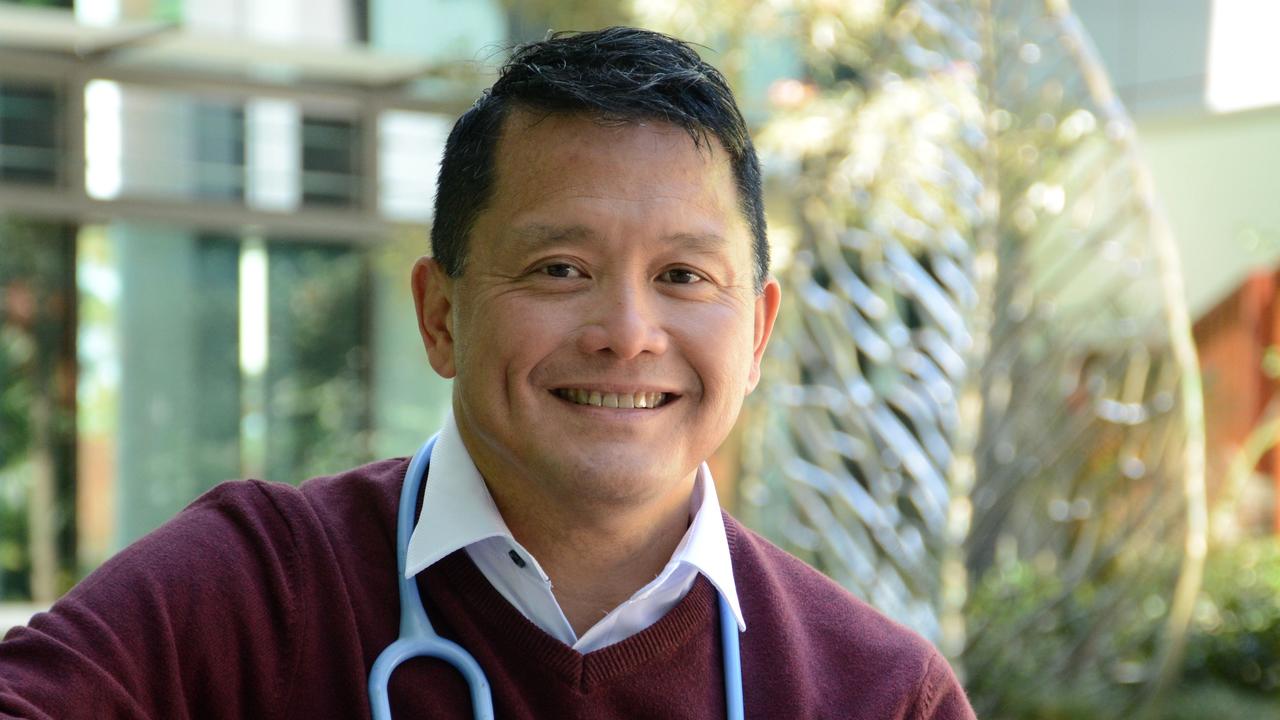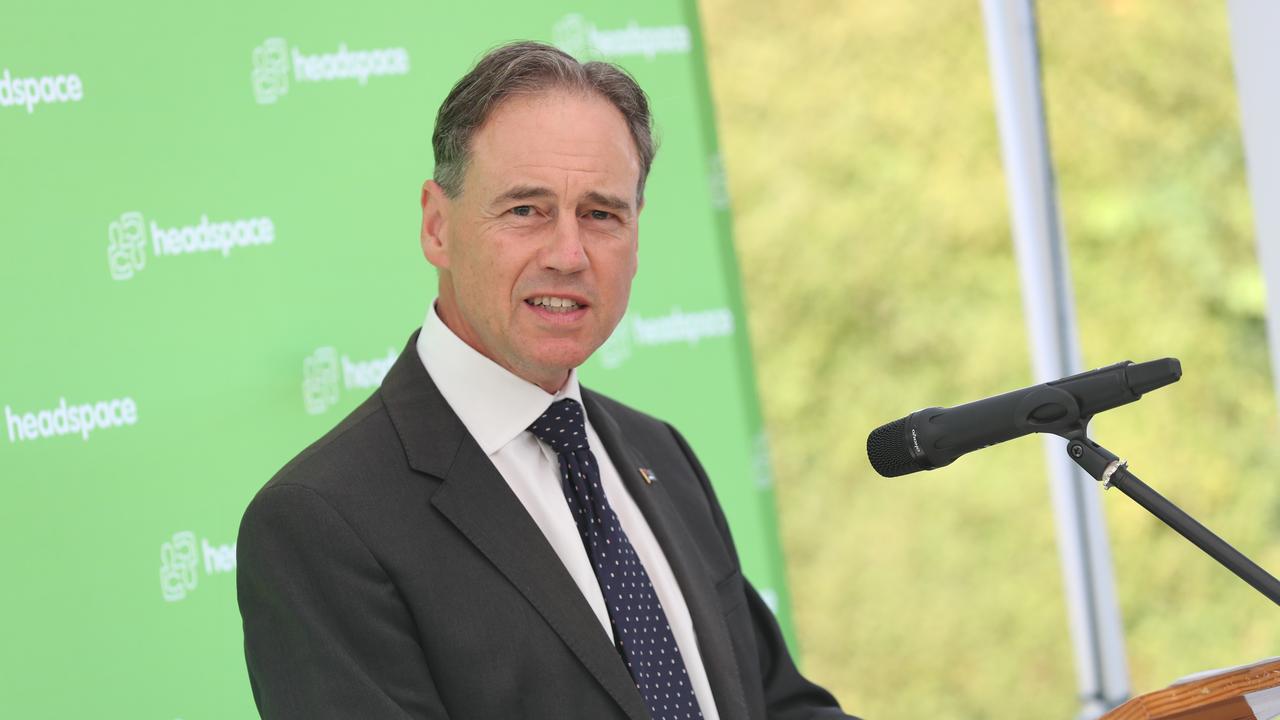‘Barely coherent’: Doctors slam Albo’s GP clinic ‘white elephant’
Doctors are lambasting Anthony Albanese’s first big policy of the campaign as “barely coherent” and resembling a dumped Labor plan that was “some of the worst examples of pork barrelling”.
Federal Election
Don't miss out on the headlines from Federal Election. Followed categories will be added to My News.
IN a campaign implosion Opposition leader Anthony Albanese has been dealt another credibility body blow after doctors lambasted Labor’s urgent care clinic plan as “barely coherent” with unexplained costings.
Just three days into the election campaign it raises questions on his budget costings, after Mr Albanese failed to answer basic economic questions on what the unemployment rate and interest rates were on day one.
He also left a press conference just eight minutes after copping questions on the clinics and Labor reneging on review of the JobSeeker rate, and even baulked at doing one at all, despite a promise despite a promise days earlier that he would “take all questions”. Prime Minister Morrison spoke and answer questions for about 26 minutes.
The Opposition leader announced a plan to fund 50 bulk billing urgent care clinics which would run seven days a week, 14 hours a day, for just $135 million for four-year trial – or just $2.7 million each.
Questions have been raised over how it could cover even just the wages of GPs, even without considering after hours loading, overheads or security needed for late night work.

The Australian Medical Association warned the plan was akin to Labor’s old GP Super Clinics, which it described as “white elephants” and “some of the worst examples of pork barrelling”.
But the AMA lashed out at the Coalition for doing nothing on GP policy and “betraying” a promise to implement a 10 year primary healthcare plan.
The Opposition leader announced a plan to fund 50 bulk billing urgent care clinics which would run seven days a week, 14 hours a day, for just $135 million in a four year trial.
It works out at $2.7 million a year per clinic, when a similar policy from Bill Shorten saw individual clinics receiving up to $33 million.

AMA vice president Dr Chris Moy said they weren’t consulted and no one could tell him how the costings would work.
“We don’t know how it will work, the numbers are sketchy,” he said.
“This is barely coherent policy.
“Labor have a bad track record with GP super clinics which were white elephants and were some of the worst examples of pork barrelling.
“If they’re not put in the right places you end up undermining fully-functional practices.”
He said security would be needed for late night services, particularly with drug and alcohol effected patients, and after hours pay for doctors and nurses.
The average GP wage is $$200-350,000, according to the Royal Australian College of General Practitioners, while the average nurse wage is $75,000, so hiring four each to run a centre across seven days would take up more than half the $2.7m budget in one year.
Mr Albanese defended the policy, saying it was costed “like all of our policies” and closer to the GP super clinics from the Rudd Government than the Shorten plans.
“We promised different commitments in 2019,” he said.
“We promised also a commitment in Fremantle and something in Bribie Island, it was a different commitment, different policy.”
Labor did not respond to questions before deadline on where the clinics would go, how they would be funded, how $2.7m could cover the cost of wages and how many staff would work at them for the second day in a row.

Retiring Health Minister Greg Hunt said it was surprising Labor was reviving the “failed super clinic program”.
“It’s a really dangerous step for the reason that it threatens general practices around the country. They tried it once, it failed, and now they’re trying it again,” he said.
“Mr Albanese continues to show he does not have the facts or experience managing the economy or health.”
But Mr Moy said the Coalition had walked away from a promise to implement a 10-year primary healthcare plan, after leading them on for four years.
“They both get an F at this point,” he said.
Mr Albanese also found himself on the defensive over backing away for a plan to review the rate of welfare payments.
“We haven’t dumped anything. What we’ve said is we don’t have a plan to increase the JobSeeker allowance in our first budget,” he said.
“JobSeeker is $45 a day, $45 point something.
“$642.70 a fortnight to be precise, and that is a lot less than I earn and a lot less than any of you earn.”





